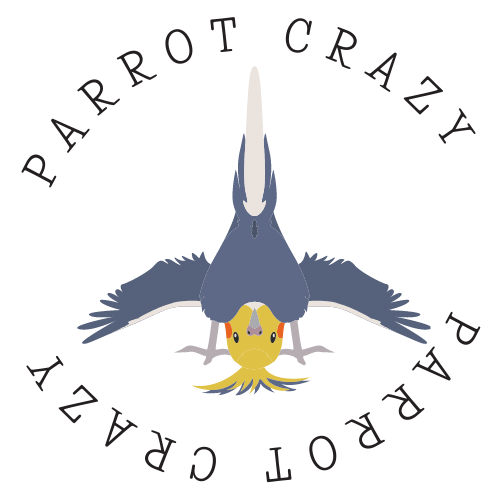Domesticated parrots, like all animals, have a complex system of hormones that regulate their bodily functions and behavior. Hormones play a crucial role in the reproductive behavior of parrots, as well as in their social behavior and communication.
One hormone that is particularly important in parrots is called prolactin. Prolactin is responsible for regulating the production of crop milk, which is a substance that parent parrots use to feed their young. In female parrots, prolactin also plays a role in egg production and incubation.
Another important hormone in parrots is testosterone, which is more commonly associated with male birds. Testosterone helps to regulate male parrots’ territorial and aggressive behavior, as well as their mating behavior. Female parrots also produce small amounts of testosterone, which can influence their behavior and physiology.
Other hormones that play a role in parrot behavior include estrogen, which is important in female reproductive behavior, and cortisol, which is a stress hormone that can be triggered by various environmental factors.
It’s important to note that hormonal imbalances can have negative effects on the health and behavior of domesticated parrots. For example, an excess of testosterone in male parrots can lead to aggressive or territorial behavior, while a lack of prolactin in female parrots can interfere with their ability to produce crop milk for their young. If you have concerns about your parrot’s hormonal health, it’s best to consult with a veterinarian who specializes in avian medicine.
